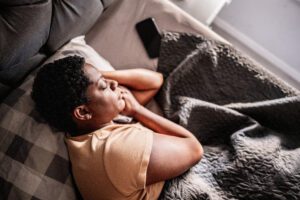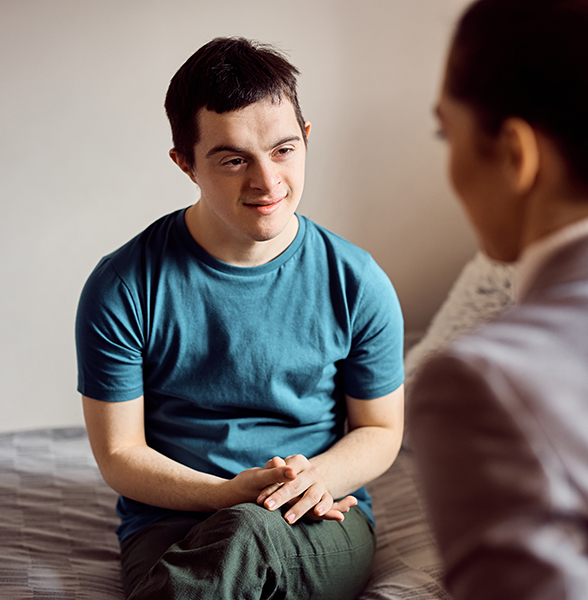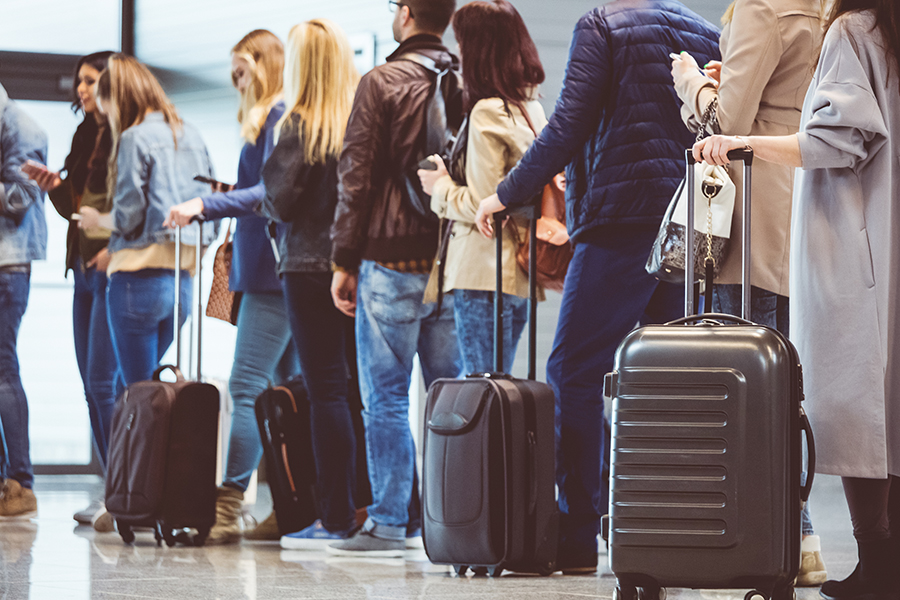 Sleep apnoea and low oxygen levels during sleep are linked to late-onset epilepsy, says a US study.
Sleep apnoea and low oxygen levels during sleep are linked to late-onset epilepsy, says a US study.
The researchers wanted to understand the relationship between sleep problems and late-onset epilepsy, building on previous small studies.
The team used sleep characteristics data on over 1,300 participants from the Sleep Heart Health Study. They also used Medicare claims to find those who developed late-onset epilepsy.
The results showed that people whose oxygen saturation fell below 80% during sleep were at a three-times greater risk of developing late-onset epilepsy. Normal oxygen saturation levels in humans should be between 96-100%.
Participants who subsequently reported a diagnosis of sleep apnoea between 2011-13 were also at a two-times higher risk of developing late-onset epilepsy.
The researchers said that these risk factors were independent of other comorbidities, like high blood pressure.
Dr Christopher Carosella, assistant professor of Neurology at Johns Hopkins University, led the study. He said finding a reversible cause for epilepsy is an “aspirational goal for epilepsy researchers or clinicians”.
“We hope this study might be a small first step in that direction and also an encouragement to evaluate and treat sleep disorders in patients with epilepsy.”
The study was published in September 2023 in the journal Sleep.
More articles







